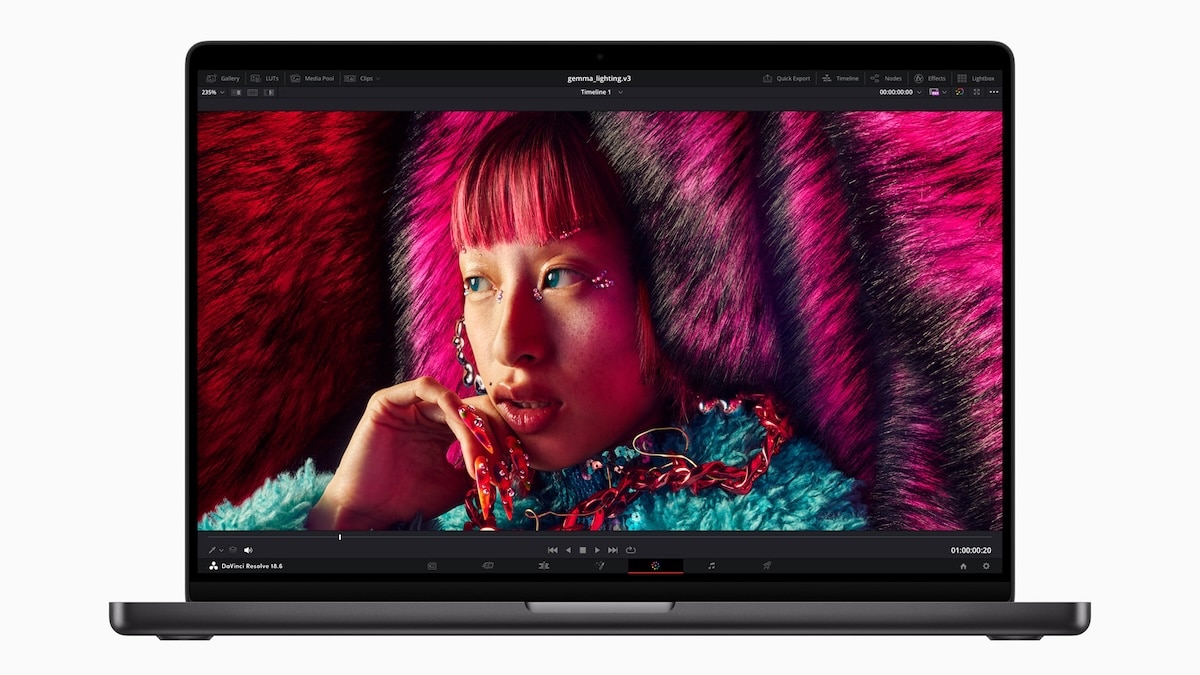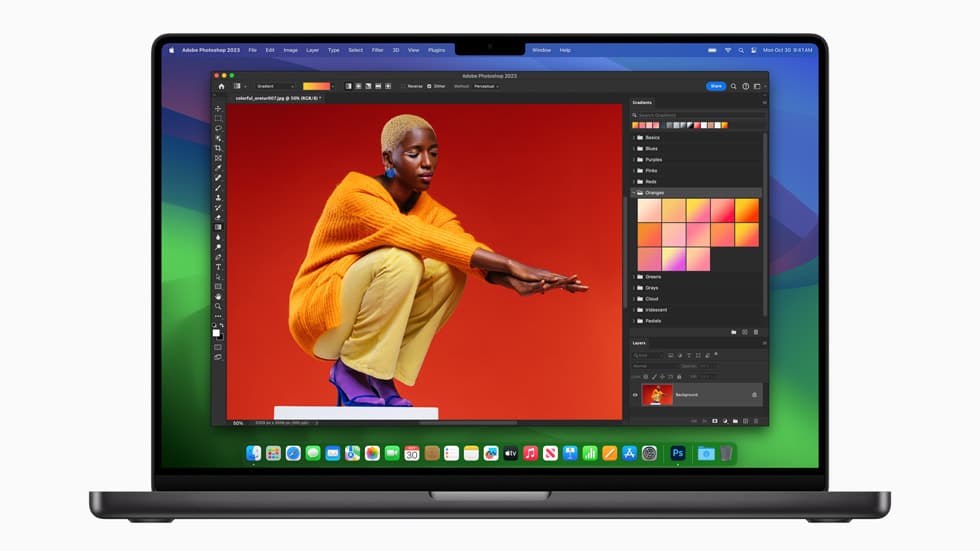Apple’s decision to equip its new M3-based MacBook Pro with a base configuration of 8GB RAM has ignited a heated debate among consumers, industry experts, and even Apple’s own executives. The controversy here is whether 8GB RAM is sufficient for a laptop labeled “Pro,” particularly for users who engage in demanding tasks like video editing, programming, or heavy multitasking.

Apple support exec says M3 MacBook Pro’s 8GB RAM is “analogous to 16GB on other systems”
Supporters of Apple’s decision point to the efficiency and compression techniques employed in its unified memory architecture, which they claim can make 8GB RAM on an M3 MacBook Pro perform effectively like 16GB on other systems. Apple’s VP of Worldwide Marketing, Bob Borchers, reinforced this stance in an interview, stating that “8GB on an M3 MacBook Pro is probably analogous to 16GB on other systems. We just happen to be able to use it much more efficiently.”
Comparing our memory to other system’s memory actually isn’t equivalent, because of the fact that we have such an efficient use of memory, and we use memory compression, and we have a unified memory architecture.
Actually, 8GB on an M3 MacBook Pro is probably analogous to 16GB on other systems. We just happen to be able to use it much more efficiently. And so what I would say is I would have people come in and try what they want to do on their systems, and they will I think see incredible performance. If you look at the raw data and capabilities of these systems, it really is phenomenal. And this is the place where I think people need to see beyond the specs, and actually go and look beyond the capabilities, and listen to trusted people like you who have actually used the systems.
People need to look beyond the specifications and actually go and understand how that technology is being used. That’s the true test.

However, many professionals remain skeptical of Apple’s efficiency claims, arguing that the physical amount of available RAM remains crucial for intensive tasks. They contend that 8GB RAM may not be enough to handle the demands of professional-grade applications, potentially leading to performance bottlenecks and hindering productivity.
This debate has also brought into question Apple’s interpretation of the term “Pro” and whether the base model M3 MacBook Pro is truly suitable for a wide range of professional users. With many similarly priced laptops offering 16GB or more RAM as standard, Apple’s decision to stick with 8GB as the base configuration has raised eyebrows among industry analysts and consumers alike.
While Apple does offer an upgrade option to 16GB for an additional $200, this pricing has also drawn criticism, with some labeling it as excessive. The upgrade pricing has fueled discussions about cost-effectiveness and fair pricing strategies, particularly in the context of a “Pro” laptop.
Read more: